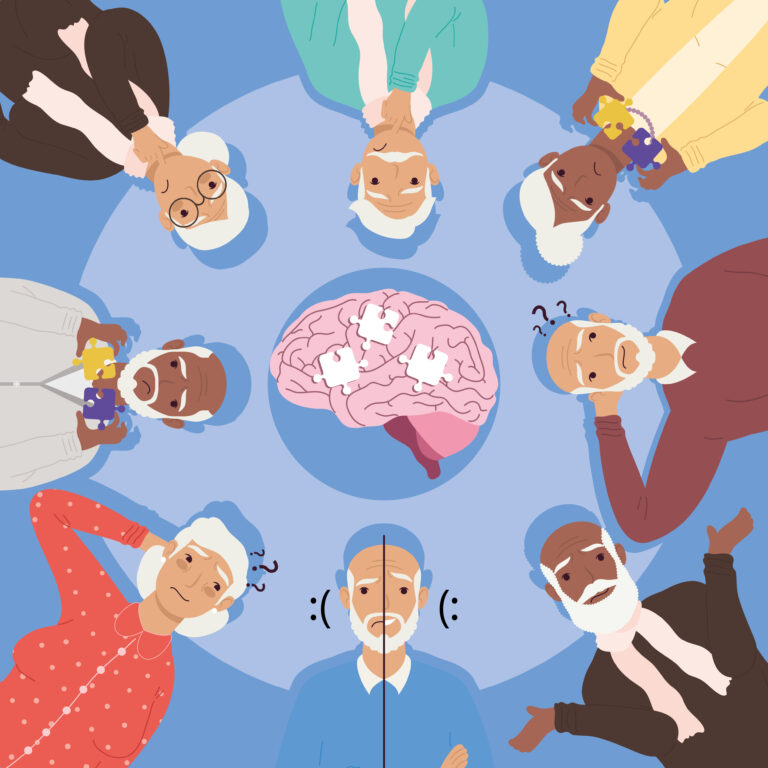Dementia is a progressive and debilitating condition that affects millions of people worldwide. It is a term used to describe a variety of symptoms caused by brain disorders that slowly and irreversibly affect memory, thinking, behavior, and the ability to perform daily activities. As a caregiver for someone with dementia, it can be challenging to navigate the often unpredictable and emotionally taxing journey. However, in the midst of all the challenges, it is essential to remember the power of gratitude and positivity in dementia care.
Gratitude is the act of acknowledging and being thankful for the good things in life. It is a powerful emotion that has been proven to have numerous benefits for both the giver and the receiver. Research has shown that practicing gratitude can improve mental health, increase happiness, reduce stress and anxiety, and even improve physical well-being. In the context of dementia care, gratitude can be a powerful tool to help both the caregiver and the person with dementia cope with their challenges.
Here are some practical ways to encourage gratitude and positivity in dementia care:
1. Focus on the present moment: People with dementia often struggle with memory loss, making it challenging to think about the past or plan for the future. Instead of dwelling on what has been lost, encourage them to focus on the present moment and find joy in simple things. This could be through engaging in activities they enjoy, listening to music, or spending time outdoors.
2. Create a gratitude journal: Keeping a gratitude journal is an excellent way to cultivate a positive mindset. Encourage your loved one to write down three things they are grateful for each day. It could be as simple as a warm cup of tea or a visit from a friend. This practice can help shift their focus from what they have lost to what they still have in their lives.
3. Practice mindfulness: Mindfulness is the practice of being fully present and aware of one’s thoughts, emotions, and surroundings without judgment. It can help people with dementia and caregivers alike to be more present and appreciate the simple things in life. It can also reduce stress and promote a sense of calm and well-being.
4. Use positive reinforcement: As a caregiver, it is essential to use positive reinforcement when interacting with your loved one. Praise and acknowledge their efforts, no matter how small they may seem. This can boost their self-esteem, promote a sense of accomplishment, and encourage them to continue engaging in activities.
5. Encourage social interactions: Social isolation can be a significant challenge for people with dementia. Encourage and facilitate social interactions with friends, family, and other caregivers. These connections can bring joy and a sense of belonging, which can positively impact their overall well-being.
6. Celebrate small victories: In the midst of the challenges of dementia, it’s essential to celebrate small victories. Whether it’s remembering a name or completing a task independently, these small moments are worth celebrating. It can also be an opportunity to express gratitude for the progress made and the effort put in by both the caregiver and the person with dementia.
7. Show gratitude as a caregiver: Caregiving for someone with dementia can be emotionally draining, physically demanding, and mentally taxing. It is essential to take care of yourself and show gratitude for your efforts. This could be through self-care practices, seeking support from others, or acknowledging your own strengths and resilience.
In conclusion, promoting gratitude and positivity in dementia care can have numerous benefits for both the caregiver and the person with dementia. It can help create a more positive and supportive environment, improve mood and mental health, and enhance overall well-being. As a caregiver, it is crucial to remember that while dementia may bring challenges, there is always something to be grateful for. Encouraging a mindset of gratitude can make a significant difference in the journey of caring for someone with dementia.




